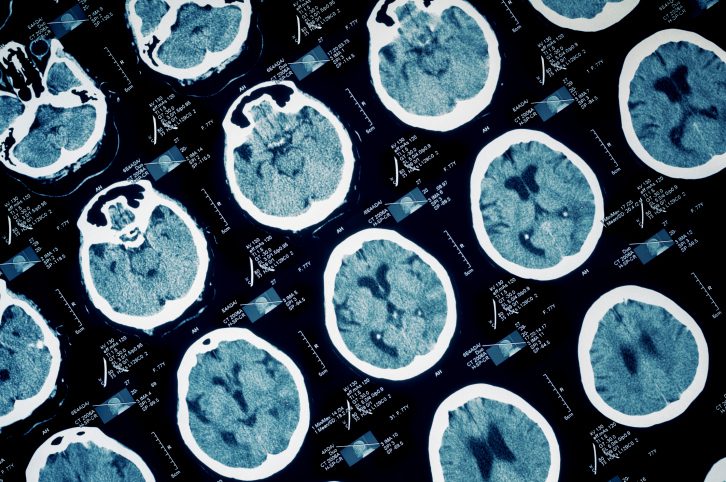Cynicism may be bad for your brain

 If a fast friend enters the same race as you, do you assume it is for camaraderie, or to try and show you up? If this same friend offers to design your training plan, do you go for it, or suspect that a competitor might not be out for your best interests? If someone offers to let you skip ahead of them in the line for the porta-potty, do you suspect that they somehow know it is a do-not-enter situation?
If a fast friend enters the same race as you, do you assume it is for camaraderie, or to try and show you up? If this same friend offers to design your training plan, do you go for it, or suspect that a competitor might not be out for your best interests? If someone offers to let you skip ahead of them in the line for the porta-potty, do you suspect that they somehow know it is a do-not-enter situation?
According to a new study published in Neurology, people that demonstrate high levels of cynical distrust may be more likely to develop dementia. Cynicism, which is the condition of frequently believing that others have selfish rather than selfless intentions, has also been shown in previous studies to contribute to inflammation and a greater risk of heart disease.
Psychologist, Dr. Rob Dobrenski, laments the fact that cynicism has increasingly become our default mode. According to him, “We tend to seek out and process information that supports what we believe. That means, if you think your attention-seeking friend is trying to steal your birthday spotlight, you’ll find proof to support this.” The same logic applies to runners: if you think your friend is out to beat you, your brain will seek to find evidence to support this theory.
Runners, as a whole, tend to be interested in anything that protects their body from harm. So maybe next time you’re in the porta-potty line, don’t be suspicious. You could even offer up your spot.


